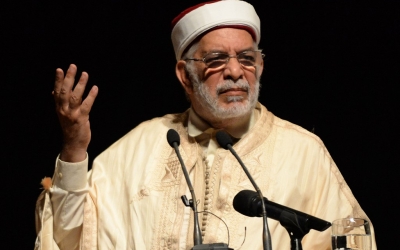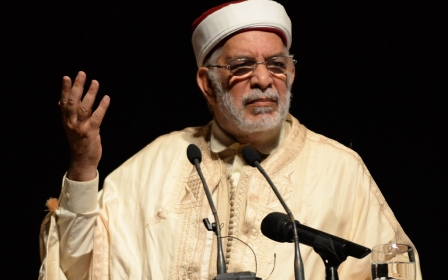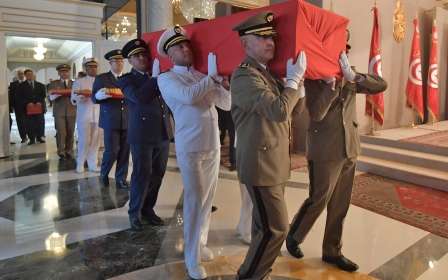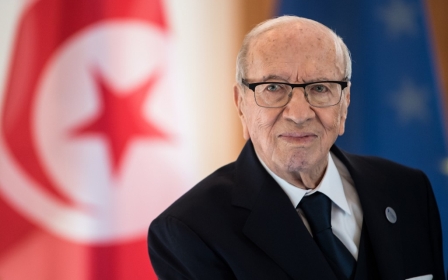Tunisia's PM Chahed confirms he will run for president in September election
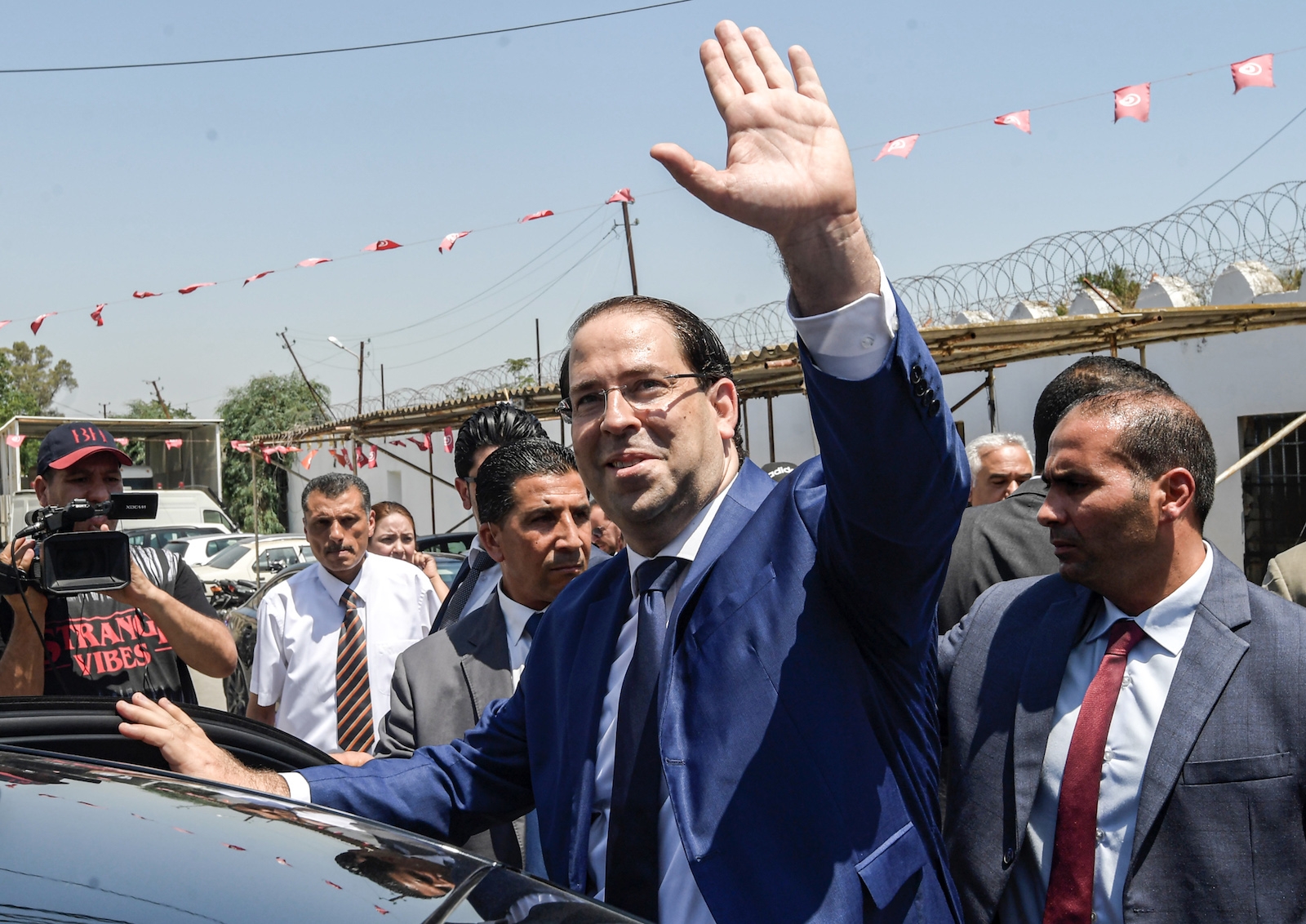
Tunisian Prime Minister Youssef Chahed confirmed he will run for president, as the North African country prepares for an election next month.
Chahed made his announcement at an assembly of his Tahya Tunis party on Thursday, just over a week after his party said it intended to back him in the race.
"I have thought hard and decided to put myself forward for the position of president of the republic," Chahed said, as reported by AFP.
By Thursday, more than 50 people had already registered to run in the presidential election, AFP said.
The 15 September vote comes after former president Beji Caid Essebsi, the first leader to be democratically elected in Tunisia after a popular uprising in 2011, died last month at age 92.
New MEE newsletter: Jerusalem Dispatch
Sign up to get the latest insights and analysis on Israel-Palestine, alongside Turkey Unpacked and other MEE newsletters
On Wednesday, the country's biggest political party, Ennahda, announced that its deputy leader Abdelfattah Mourou would also run for the top post.
Mourou, 71, is Ennahda's first-ever presidential candidate since the movement was established 38 years ago.
The party's main political rival, the ruling Nidaa Tounes party, said it would back the incumbent Defence Minister Abdelkarim al-Zbeidi, 69, in the race.
Zbeidi, a former Essebsi ally, officially submitted his papers on Wednesday and will be running as an independent.
Independent businessman and media mogul Nabil Karoui, 56, has also officially submitted his candidacy.
Under pressure
While he will likely be one of the frontrunners, Chahed's popularity has dipped over the past year as his government was blamed for failing to fix Tunisia's high unemployment rate and stagnant economy.
He reshuffled his cabinet in November 2018 in a bid to end the crisis, saying at the time that the move aimed "to make the work of government more effective and to put an end to the political and economic crisis".
Still, Essebsi's son and the leader of Nidaa Tounes, Hafedh Caid Essebsi, called for Chahed's dismissal, blaming the prime minister for the dire economic situation.
Tunisia’s president controls foreign and defence policy, governing alongside a prime minister chosen by parliament who has authority over domestic affairs, according to Reuters.
Since the toppling of autocrat Zine El-Abidine Ben Ali in 2011, nine cabinets have failed to resolve a set of persistent economic problems in Tunisia, including high inflation and unemployment.
A string of attacks has also hurt the country's tourism sector.
The presidential hopefuls have until 9 August to register for the election.
Each candidate must get at least 10,000 signatures from the public, or have the backing of 10 members of parliament or 40 elected municipal leaders, to get their names on the ballot.
Tunisia's electoral commission will announce the full list of candidates by 31 August.
Middle East Eye delivers independent and unrivalled coverage and analysis of the Middle East, North Africa and beyond. To learn more about republishing this content and the associated fees, please fill out this form. More about MEE can be found here.


